Herbie Hancock
Credits

International Jazz Day From Abu Dhabi
Music Performer
Show
2026

Gulda / Hancock: Piano Solo and Duet
Actor
Show
2025

Gulda / Hancock / Zawinul: Salzburg Concert
Music Performer
Show
2025

Polar Music Prize - banketten
Music Performer
Show
2025

International Jazz Day From Morocco
Music Performer
Show
2025

The 67th Annual Grammy Awards
Music Performer
Show
2025

Milton Bituca Nascimento
Self
Movie
2025

Umbria Jazz 50: Time After Time
Self
Show
2024

International Jazz Day From the United Nations
Music Performer
Show
2023
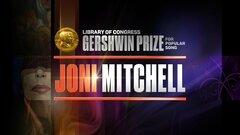
Joni Mitchell: The Library of Congress Gershwin Prize for Popular Song
Music Performer
Special
2023

Hargrove
Self
Movie
2023
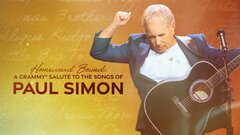
Homeward Bound: A Grammy Salute to the Songs of Paul Simon
Self
Special
2022

Jazz à Vienne
Music Performer
Show
2022

Ron Carter: Finding the Right Notes
Self
Show
2022

International Jazz Day Celebration
Music Performer
Show
2022

The 44th Annual Kennedy Center Honors
Music Performer
Show
2021

The Herbie Hancock Trio
Music Performer
Show
2021
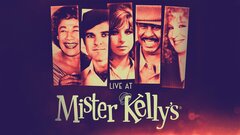
Live at Mister Kelly'sStream
Self
Movie
2021

In Concert at the Hollywood Bowl
Music Performer
Show
2020

United We Sing: A Grammy Tribute to the Unsung Heroes
Music Performer
Show
2020

International Jazz Day From St. Petersburg
Music Performer
Show
2019

Quincy Jones - 75th Birthday Anniversary: Montreux
Self
Show
2019

The 41st Annual Kennedy Center Honors
Music Performer
Show
2018

International Jazz Day From Cuba
Music Performer
Show
2018

Poetry in America
Guest
Show
2018

Blue Note Records: Beyond the Notes
Self
Movie
2018

The Breakfast Couch
Guest
Show
2017

Charlie Pickering: My Guest Tonight
Guest
Show
2017

Taking the Stage: African American Music and Stories That Changed America
Guest
Show
2017
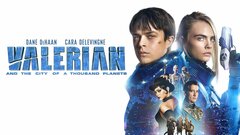
Valerian and the City of a Thousand PlanetsStream
Actor
Defence Minister
Movie
2017

'Tribute to Miles Davis' by Hancock / Miller / Shorter
Music Performer
Show
2016

Jazz at the White House
Music Performer
Show
2016

River of Gold
Narrator
Movie
2016

The Weekly with Charlie Pickering
Guest
Show
2015

International Jazz Day
Music Performer
Show
2015

The 57th Annual Grammy Awards
Music Performer
Show
2015

Marcus
Actor
Movie
2015

Jaco
Actor
Movie
2015

The 37th Annual Kennedy Center Honors
Music Performer
Show
2014

Girl Meets WorldStream
Guest Star
Catfish Willie Slim
Series
2014

Glastonbury
Music Performer
Show
2014

The Tonight Show Starring Jimmy FallonStream
Music Performer
Talk
2014

Umbria Jazz: Miles Davis Tribute
Music Performer
Show
2014

Los Angeles Philharmonic Orchestra: Opening Gala Season 2011/2012
Music Performer
Show
2013

Lang Lang Featuring Herbie Hancock in Berlin
Music Performer
Show
2013

CBS This Morning
Guest
Show
2012

Charles Lloyd: Arrows Into Infinity
Actor
Movie
2012

Amazon Gold
Narrator
Movie
2012

The 34th Annual Kennedy Center Honors
Music Performer
Show
2011

BET Honors
Actor
Show
2011

An Evening of Stars: Tribute to Chaka Khan
Music Performer
Show
2011

Paul McCartney: In Performance at the White House
Music Performer
Show
2010

The First Time With
Guest
Show
2010

The Music Videos That Shaped the 80s
Self
Show
2010

On the Shoulders of Giants
Original Music
Movie
2010

The 32nd Annual Kennedy Center Honors
Guest
Show
2009
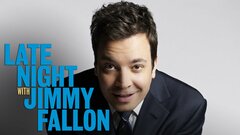
Late Night With Jimmy Fallon
Music Performer
Talk
2009

Miles Davis: Miles Electric - A Different Kind of Blue
Self
Show
2008

An Evening With Quincy Jones
Host
Show
2008

Santana: Hymns for Peace Live at Montreux 2004
Music Performer
Show
2007

Herbie Hancock: Possibilities
Original Music
Movie
2006

Herbie Hancock: Possibilities
Self
Movie
2006

Tavis Smiley
Guest
Talk
2004

Herbie Hancock: Hardrock
Music Performer
Show
2004

Herbie Hancock: Rockit
Music Performer
Show
2004

Herbie Hancock: Vibe Alive
Music Performer
Show
2004

Jazz Record Requests
Guest
Show
2002

Blue Note: A Story of Modern Jazz
Actor
Movie
1997
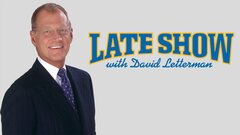
Late Show With David Letterman
Music Performer
Talk
1993
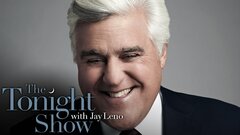
The Tonight Show With Jay Leno
Music Performer
Talk
1992

Livin' Large!
Original Music
Movie
1991
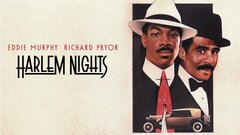
Harlem NightsStream
Original Music
Movie
1989

Action JacksonStream
Original Music
Movie
1988

ColorsStream
Original Music
Movie
1988

The George McKenna Story
Original Music
Movie
1986
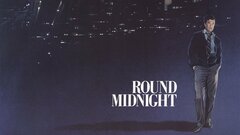
Round MidnightStream
Actor
Eddie Wayne
Movie
1986
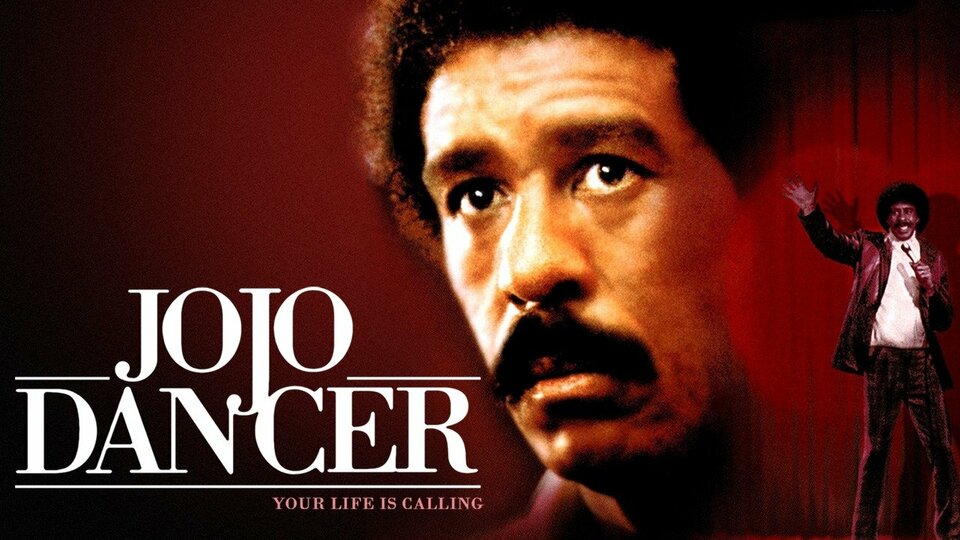
Jo Jo Dancer, Your Life Is CallingStream
Original Music
Movie
1986
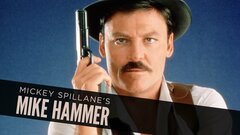
Mike HammerStream
Guest Star
Series
1984

A Soldier's StoryStream
Original Music
Movie
1984

Herbie Hancock: Autodrive
Music Performer
Show
1983

BR-Klassik im TV
Actor
Show
1980

CBS News Sunday Morning
Guest
News
1979

Rock Goes to College
Self
Show
1978

Austin City LimitsStream
Music Performer
Series
1976

Saturday Night LiveStream
Music Performer
Series
1975
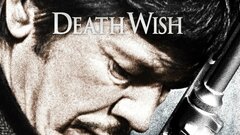
Death WishStream
Original Music
Movie
1974

Great PerformancesStream
Music Performer
Franchise
1972
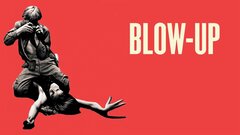
Blow-UpStream
Original Music
Movie
1966

Today
Music Performer
News
1952



























